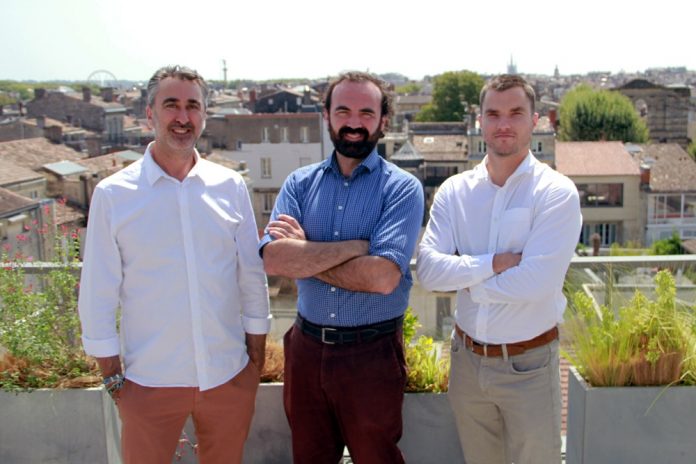
Connected Energy has secured grid connection for one of Europe’s largest second-life battery energy storage deployments, marking the UK company’s expansion into the French market with a 100MWh project in Région Centre-Val de Loire.
The UK-based company has established an office in Bordeaux to capitalise on the major opportunity for second-life BESS in this market. The company expects to commission its first large scale site by 2027 with several smaller projects expected to be operational before then.
“We are delighted to open our first office on mainland Europe and announce our first large scale project for France,” said Rob Moore, Chief Business Development Officer at Connected Energy.
“France has huge untapped potential for second-life BESS. It has available grid capacity and growing renewable generation which BESS can optimise, as well as other grid stability needs arising from its ageing nuclear fleet and interconnections with renewable-rich European neighbours. There is a vibrant market for energy storage developments and – critically – a strong energy trading market, making the business case for second-life BESS even more attractive.”
Connected Energy has recruited a team in France to develop a portfolio of BESS sites. It aims to have a number of sites developed by 2030, with the objective of deploying around 1GWh of second-life batteries. The team will focus on delivering a pipeline of projects that it projects will grow in line with second-life battery availability.
Charlie Vrignon is Connected Energy’s new Country Head for France. He joins from HDF Energy, where he successfully led global project development for controllable and dispatchable renewable power plants across the Mediterranean region and Southern Europe. Cedric Gouloumes, Business Development Manager, brings 23 years of real estate experience in identifying viable sites and urban development planning. Their initial remit includes identifying optimal locations for energy storage, securing land and expanding the deployment of Connected Energy’s systems in the French market.
“The shift in France’s energy policy over the last two years underscores the importance of integrating renewable energy sources and energy storage to create a sustainable future,” says Charlie.
Founded in 2010, Connected Energy has expertise in delivering second-life BESS, with installations across Europe. A second-life BESS repurposes batteries that have reached the end of life in an electric vehicle and Connected Energy works with a range of EV and battery OEMs to help them monetise the remaining value in the batteries.
“With many of our battery partners looking for concrete scalable routes to market for their second-life batteries, and in many cases wanting to retain ownership of their batteries throughout their life, we are delivering a business model that maximises battery value at scale” commented Rob.
This significantly extends the batteries’ working life and provides an additional revenue stream, making EV batteries more sustainable and more cost effective. In this way, safe and proven second-life BESS can play a crucial role in addressing growing global energy demands supporting renewable integration, frequency regulation and peak shaving.
Expanding into France builds on Connected Energy’s strong relationships in the country – one of its investors is the French multinational utility company, Engie. Connected Energy also has a long-standing collaboration with Renault and recently signed a battery supply deal with Forsee Power. In this instance, the two companies are jointly developing containerised battery blocks that can be ‘plugged into’ large scale BESS systems alongside other battery types. This will combine Connected Energy’s proven second-life technology with Forsee Power’s ZEN 35 and ZEN 42 battery packs, which are deployed in about 1,500 electric buses in Europe.
“With our first large scale project underway, we are delivering on our strategy to deploy second-life batteries at scale and provide material commercial and environmental benefits to the automotive and energy storage sectors.,” added Rob. “We are fully committed to building a viable circular economy for EV batteries.”



